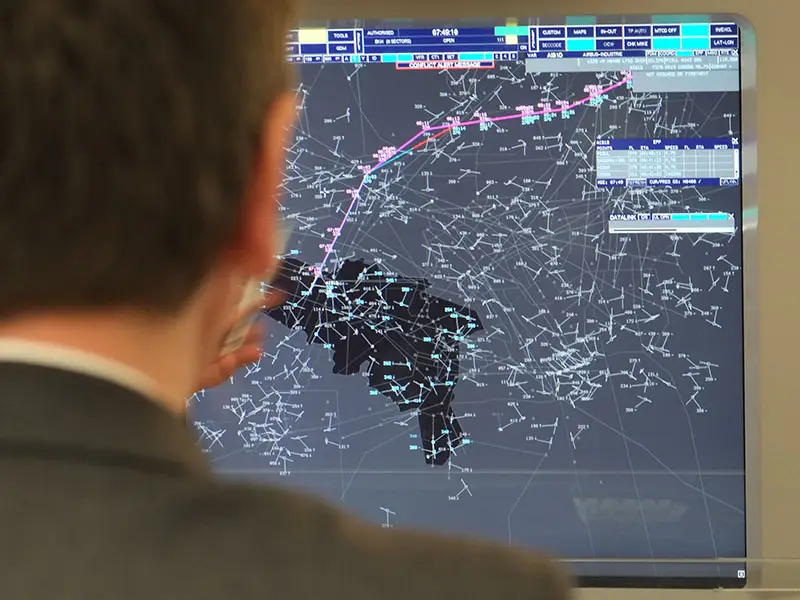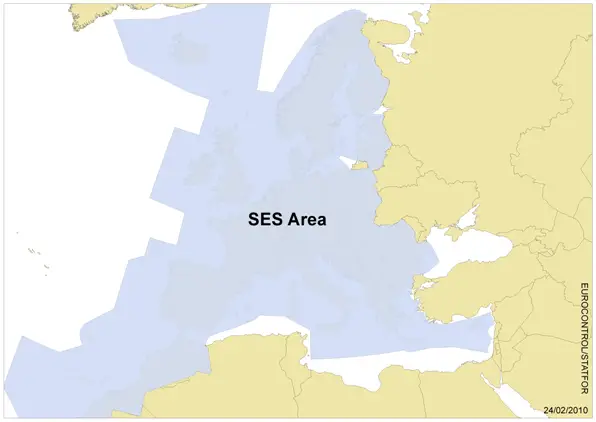The Single European Sky is a European Commission initiative that seeks to reform the European air traffic management system to accomodate the future needs of the European airspace in terms of capacity, safety, efficiency and environmental impact.

This is expected to benefit all airspace users by ensuring the safe and efficient utilisation of airspace and the air traffic management system within and beyond the EU. Airspace management is planned to move away from the previous domination by national boundaries to the use of ‘functional airspace blocks’ the boundaries of which will be designed to maximise the efficiency of the airspace. Within the airspace, air traffic management, while continuing to have safety as its primary objective, will also be driven by the requirements of the airspace user and the need to provide for increasing air traffic. The aim is to use air traffic management that is more closely based on desired flight patterns, leading to greater safety, efficiency and capacity.
While co-operating since the 1960s through EUROCONTROL, air traffic management in Europe mostly remains a national responsibility. European air space is some of the busiest in the world, and the current system of air traffic management suffers from several inefficiencies, such as using air traffic control boundaries that follow national borders, and having large areas of European airspace reserved for military use when in fact they may not be needed.
In October 2001, the European Commission adopted proposals for a Single European Sky, to create a Union regulator for air traffic management within the EU, Norway and Switzerland. The ultimate aim is to organise this airspace uniformly, with air traffic control areas based on operational efficiency and needs rather than on national borders.

IFATCA has been a critical partner in the entire development. Initially, the initiative had four focus area: c
IFATCA has developed functioning working relationships with SJU, European Commission, EASA, ECTL and ICAO. IFATCA has tried to establish a working relationship with the SESAR Deployment Manager (SDM) ever since the function was created. Together with the other Professional Staff Organisations, we aim to build a relation similar to the contractual relations with the SESAR Joint Undertaking or the relationship that exists with EUROCONTROL or ICAO. With SDM, so far, these efforts have been in vain. Due to the specific institutional setup and the claim that individual ANSP and airline partners in the SDM industry-for-industry consortia have staff assigned to the implementation work, it is not possible to share the global expertise of IFATCA with regard to change management and introduction of new technology with the Deployment Manager. According to the European Court of Auditors special reports 18/2017 and 11/2019 and the TRAN committee of the European Parliament, the expected benefit of the SDM funds made available to the industry has not (yet) led in any significant benefits for the overall ATM system renovation. Further, some critical voices have raised concerns of an increased fragmentation this may be fostered by the SDM: many of the investments are used to improve legacy systems rather than invested in new technologies.
Below is an archive of IFATCA’s involvement, usually with other staff organisations, in keeping these issues on the agenda of Europe’s policy and decision makers.




